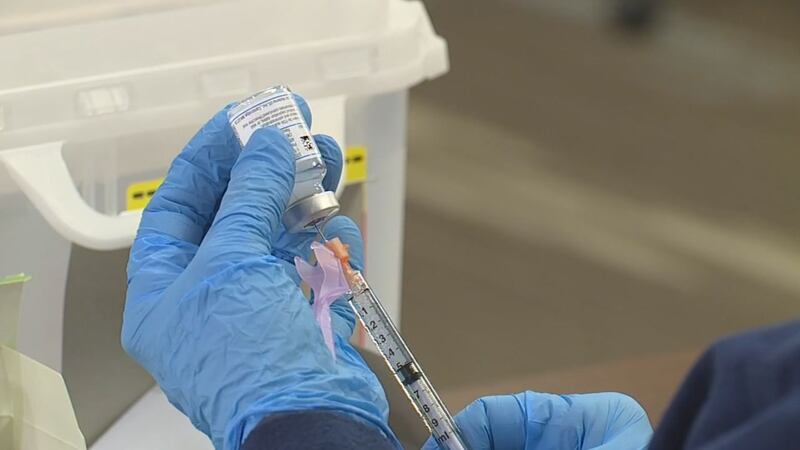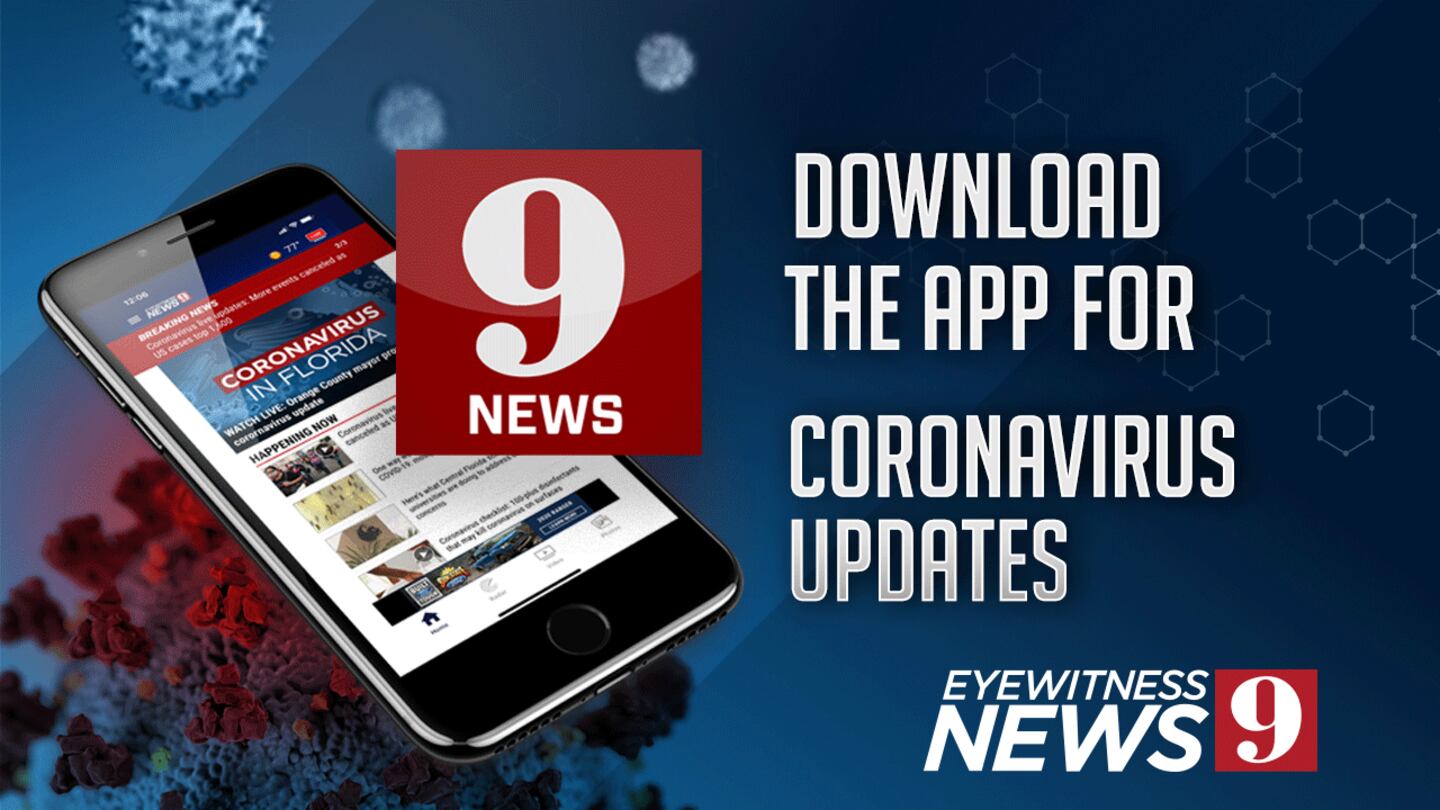ORANGE COUNTY, Fla. — There’s been a common misconception when it comes to the COVID-19 vaccine: Getting the shot does not mean you’ll never get the virus.
No one has ever claimed that, but many people think that’s the case.
“The vaccines are not 100% effective in preventing infection,” said Dr. Aftab Khan, an internal medicine specialist in Central Florida.
READ: Florida reports largest COVID-19 case increase in nearly a month
When you get a flu shot, it doesn’t completely prevent you from getting the flue. But it does mean if you get it, your symptoms will be much easier to manage. The same goes for the COVID-19 shot.
“We know that all these vaccines are good in preventing serious illnesses, hospitalization, or deaths,” Khan said. “So, it is still very important. If we want to go back to normalcy.”
The efficacy rate for Pfizer and Moderna is 95%, meaning 95% of people in those studies did not get COVID-19.
Those that did were not hospitalized and did not die.
Johnson & Johnson efficacy rate is 86%.
When someone gets COVID-19 two or more weeks after being fully vaccinated, it’s called a “breakthrough” case which is “anticipated,” Khan said. “They are not entirely uncommon.”
READ: Coronavirus: FDA approves 2 rapid, at-home COVID-19 tests with no prescription required
AdventHealth said the current research shows about 102 breakthrough cases are occurring out of every 1 million people fully vaccinated, which is only .01%.
Research shows a majority of those people experienced mild symptoms or no symptoms at all.
Khan said there’s still a lot of investigating that needs to be done.
READ: Seminole County officials adjust COVID vaccine appointment schedule to reduce “no-shows”
“We need to know that whether these infections after the vaccinations are coming from the original virus or from the variants,” Khan said.
Cox Media Group









